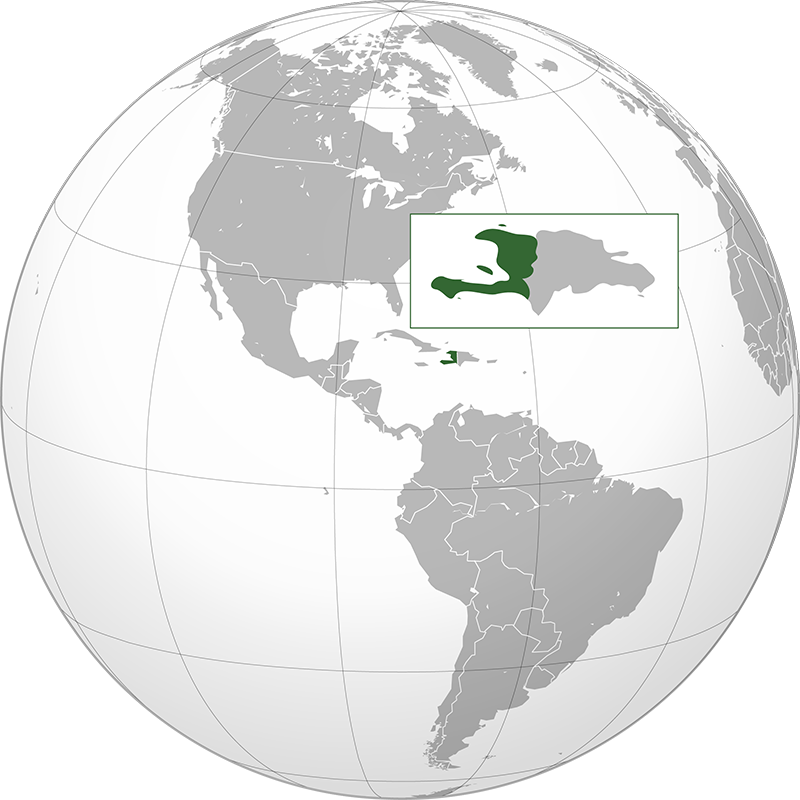
- Population:
- 11,773,000
- Religion:
- Christianity
Haiti was the site of the first successful slave revolution, gaining independence from France in 1804. It has since faced political instability, economic hardship, and natural disasters. Despite these challenges, Haiti has a strong cultural identity rooted in its history of resilience and creativity.
Haiti, officially the Republic of Haiti, is a country located on the island of Hispaniola in the Caribbean Sea, sharing the island with the Dominican Republic to the east. Covering an area of approximately 27,750 square kilometers, Haiti has a population of about 11.4 million people as of 2023. The capital and largest city is Port-au-Prince. The official languages are Haitian Creole and French. Haiti operates as a semi-presidential republic. The economy is primarily based on agriculture, manufacturing, and services, with key exports including textiles and agricultural products. Haiti is known for its rich cultural heritage, particularly its art, music, and festivals. The country is a member of the United Nations, the Organization of American States, and the Caribbean Community.

